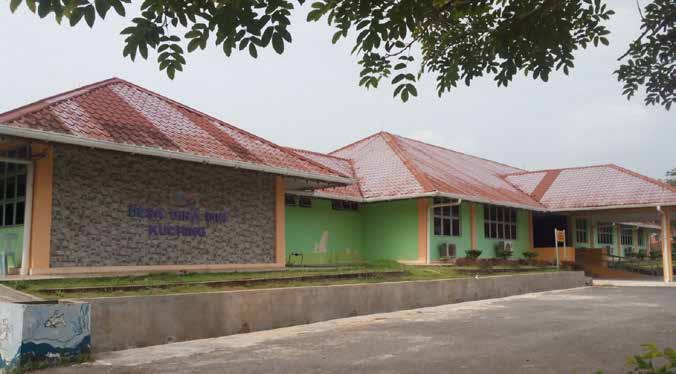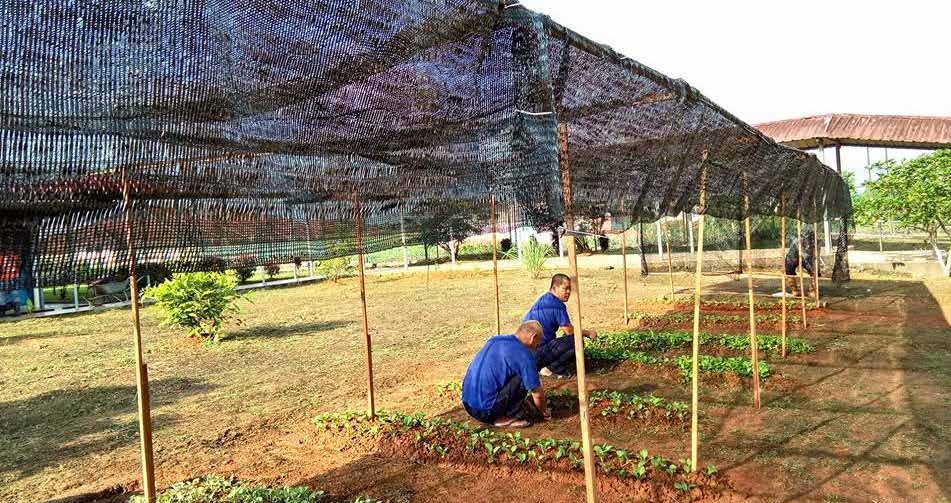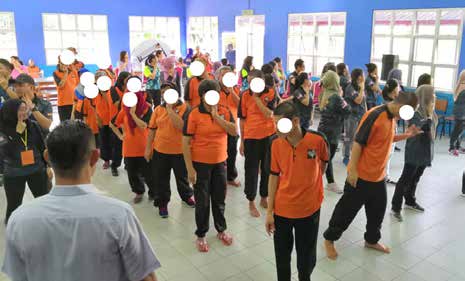– extracted and adapted from RAKAN Sarawak July-September 2020 –
To address issues on beggars, vagrants and homelessness, the Malaysian Government, through the Department of Social Welfare, sets up Desa Bina Diri (DBD) as a way to give them an opportunity for a second chance in life.
DBD provides care, protection and rehabilitation to the destitute to enable them to re-integrate into society by re-establishing themselves as productive and skilled individuals who have undergone a positive change in attitude.
It also helps equip residents with the basics of learning and skills such as sewing, farming and carpentry before returning to their family or community and on regaining their independence.
Residents who admitted to DBD are Malaysians aged between 18 and 59 who do not have their own income, a permanent home, and for some, any family members left. They also must not have any infectious diseases.
Their methods of admission determine their period of stay at the welfare institution.
If residents enter DBD voluntarily upon approval by the State Social Welfare Director of their application made at any District Social Welfare Office, they allowed to stay until they are 59 years old.
However, if residents admitted following a court order under the Destitute Persons Act 1977, their period of stay limited to three years.
So far, there are five DBD in operation: Pusat Sehenti Bina Diri Sungai Buloh, Selangor; DBD Mersing, Johor; DBD Jerantut, Pahang; DBD Kota Kinabalu, Sabah; and DBD Kuching, Sarawak.

Desa Bina Diri Kuching, Sarawak
Located in Kota Samarahan, DBD Kuching gazetted in 2014 under the Destitute Persons Act 1977.
Sarawak’s only branch of the welfare institution provides for residents’ care, protection, counselling and regular healthcare services, along with places of worship and facilities for sports and recreation.
Residents also trained in the basics of learning and skills that can help them become self-reliant individuals able to earning their own income.

Among these skills are gardening and pillow-making, of which DBD Kuching helps to sell the residents’ garden produce and pillows to the public.
Rehabilitating the Destitute
DBD designed as a welfare institution that provides shelter and rehabilitation for the destitute, who tend to be beggars and the homeless that end up on the street because of family problems, mental issues, drugs and unemployment.
The Department of Social Welfare define a destitute person as:
- “A person found begging in a public place in such a way as to cause or likely to cause annoyance to people who commonly visit the place or become a nuisance; or
- “An idle person found in a public place, whether he begs, who has no visible means of subsistence or place of residence or one who cannot talk about his condition satisfactorily.”
On a regular or ad-hoc basis, the department conducts rescue operations to save the destitute and places them in institutions such as DBD for rehabilitation, in hopes of seeing them returning to society as productive individuals capable of leading a better life on their own.






